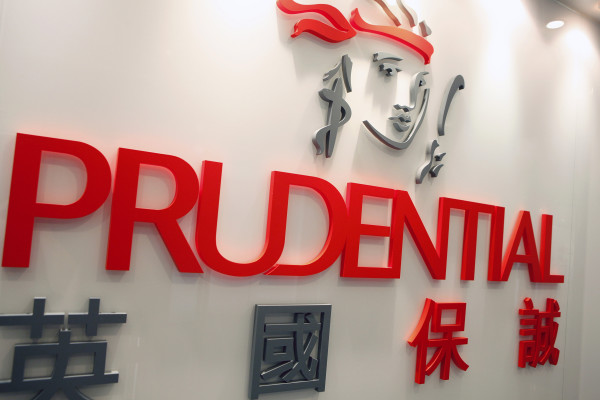

Prudential is one of the largest of the traditional life offices, with a history in annuities and pensions.
But earlier in the summer it faced up to the realities of the UK pension market and decided to take the plunge in a new range of products.
The company announced that it was merging its fund manager M&G with Prudential UK & Europe to form M&G Prudential, with a view to moving further into the market for more "capital-light" products.
This could mean, according to experts, a further move into Sipps and Isas, products that do not come with guarantees and are therefore not expensive in terms of capital.
Adrian Boulding, retirement strategy director of Dunstan Thomas, said: "It's an evolution, as it continues the move away from the Pru of old that used to have lots of guaranteed products to the way that model is going in the savings market – fewer products that have guarantees and more and more products like Isas and Sipps that need less capital.
"If you want to deliver a good return on equity for shareholders, you can either say 'I need to increase the margins', or you can say 'I just need to use less equity so I need to create products that use less capital'. Products that require very little capital – you can still deliver a high return on equity."
End to annuities
Earlier this year, Prudential said it would stop offering annuities to existing pension customers after announcing it was to pull out of the open market option for annuities last year.
The problem is that the economics in the UK mean it is no longer worthwhile to offer capital-intensive products, as shareholders demand a higher return on capital, but in an environment that has suppressed investment returns and, therefore, the amount of profit companies can take from policyholders.
Mr Boulding said: "The amount of profit that can be generated from each customer is quite low, because the profit is only going to be taking a slice of the investment return that you can hold from each customer, and if the investment returns are not very high, you can't make much off them.
"The profit to the customer is going to be low to keep that shareholders' return, institutions are employing less and less capital and more of these capital-light products are being sold."
Aegon has recently put its guaranteed drawdown business under review after closing four products at the end of last year and Metlife Europe withdrew its guaranteed income products in July.
Mr Boulding said it was all driven off low interest rates, which had consequences for gilt yields. He said: "You're getting 1.5 per cent on long-dated money and equities will do a bit better than gilts. If the Bank of England base rate is low, and gilts are low, equities will perform a bit better, but they're not going to deliver the higher rates of return.
"We currently see it in dividends – the yield is about 3 per cent or 4 per cent. It's a lot less than it used to be."
UK market less crucial
An important aspect to the decision is the fact that the UK has become a less important, and less profitable, part of the Prudential business. Henry Heathfield, equity analyst at Morningstar, said: "Prudential is a massive company and it's particularly large in US and Asia. UK is the worst performing of the three. The other two have very good products offerings and asset management arms."
In the US, the Pru is much stronger on variable annuities, which carry much more risk for the consumer. They are capital light and they are quite profitable because of the fees that come with these products.
In Asia the company is big in asset management and insurance, with AUM of £118bn, while operating profits before tax last year were £1.64bn. In the US there was AUM in connection to variable annuities of £120bn while IFRS operating profits were £2bn. In the UK the same figures for long-term business was £799m for 2016, with funds under management of £137bn.
Mr Heathfield said: "The UK is still a long-term option. It's higher quality business in the US and Asia, but I think they can increase the quality in the UK."
Melanie Tringham is features editor of Financial Adviser



